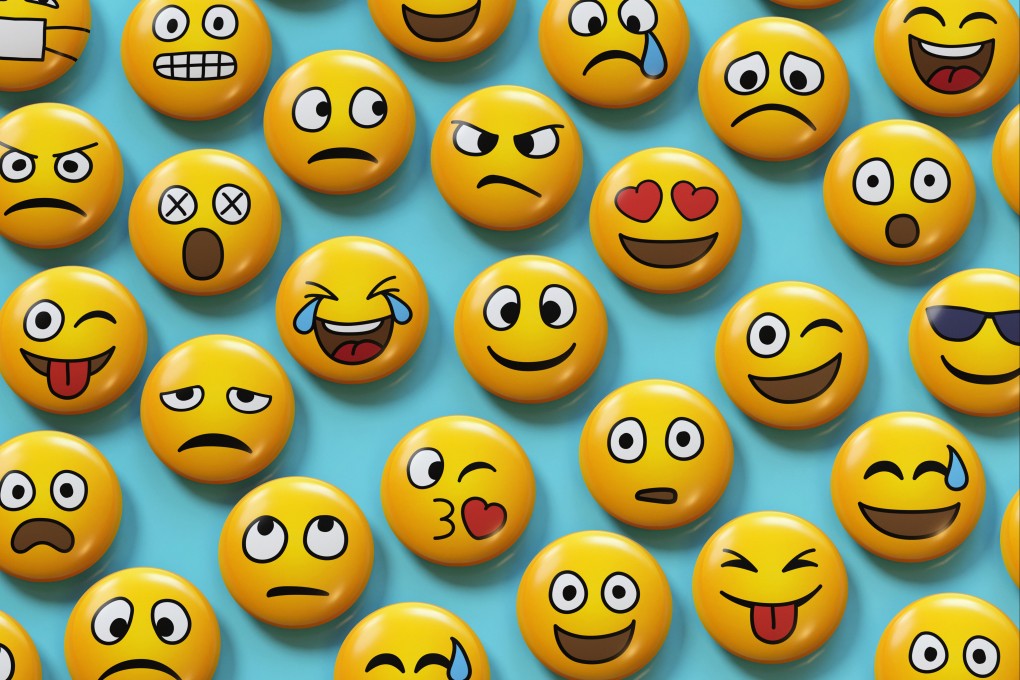Language Matters | World Emoji Day: where the word ‘emoji’ comes from and the first place they were used regularly
- In 2010, emojis were standardised in Unicode and, in 2011, released on iPhone followed by Android – sealing their global future
- Emojis have such popularity that the word itself entered the Oxford English Dictionary in 2013

It feels like emojis have always been part of our communications – but it’s actually only been a decade. And first, there were emoticons.
Emojis are not emoticons, neither in form nor etymology. The emoticon is a representation of a facial expression formed by a short sequence of keyboard characters, usually viewed sideways, conveying the sender’s feelings or intended tone in computer-mediated communication. Its genesis is widely attributed to American computer scientist Scott Fahlman who, in 1982, suggested to the Carnegie Mellon University message board that :-) and :-( could be used to distinguish jokes from serious statements online.
Lexically, “emoticon” is a portmanteau, formed from emot- (from emotion) + icon. A particular style of emoticons emerged in 1986 with Japanese ASCII users – kaomoji 顔文字 “face characters”, combining katakana characters, Latin letters and punctuation marks to represent facial expressions, vertically aligned, with particular attention to the eyes.
The word “emoji”, in contrast, is not clipped from the English “emotion”, but comes from the Japanese 絵 e (pronounced “eh”) meaning “picture” + 文字 mōji “letter, character”, deriving from Early Middle Chinese. The latter is a contraction of the Old Japanese mon “character, word” + ji “character, letter”, with mon ultimately with roots in the Old Chinese mə “soot” (from which Chinese ink was traditionally made).

These digital images used to express an idea or emotion saw their first widespread use with Japanese designer Shigetaka Kurita’s 176 emojis, inspired by manga and weather pictograms, created for NTT DoCoMo’s integrated mobile internet system in 1999. In 2010, emojis were standardised in Unicode and, in 2011, released on iPhone followed by Android – sealing their global future.

